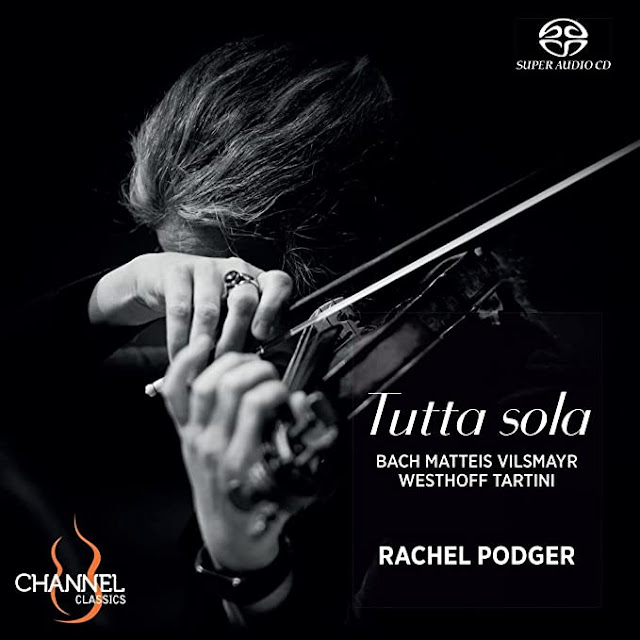The London Symphony Orchestra are based these days at the Barbican, London, and own their own record label, LSO Live that features recordings by them and various guest as well as principal conductors.
I was looking for a decent disc of the opera, Fidelio and picked up there's that was on discount which includes the libretto which given this is sung in German, helps with following it although that makes for a bulky package.
On Friday July 30th the Henry Wood Promenade concerts began generally held at the Royal Albert Hall, London broadcast live on BBC Radio 3 and streamed with some also being recorded for showing on BBC television at weekends.
After last year where we had a Proms season, reduced from what was planned and heavily socially distanced, at least in 2021 we can have a audience albeit one subject to a few measures watching and applauding at the end the artists after a year when like everything else that did still continue live, we had one.
It felt more like watching a recording studio control booth from a far, lacking that element of the audience and players feeding off each other.
There are no words at can describe adequately just how elated some of us feel to have live music making back.
The pandemic effected recording not just in terms of the ability of the superstars of the Classical world to fly in to recording sessions around the globe but also spacing where unlike some popular recording was possible by having people fly in their performances electrically, to do so in classical music removes much of the atmosphere and acoustic feel of a session which effected new releases on disc and download.











































